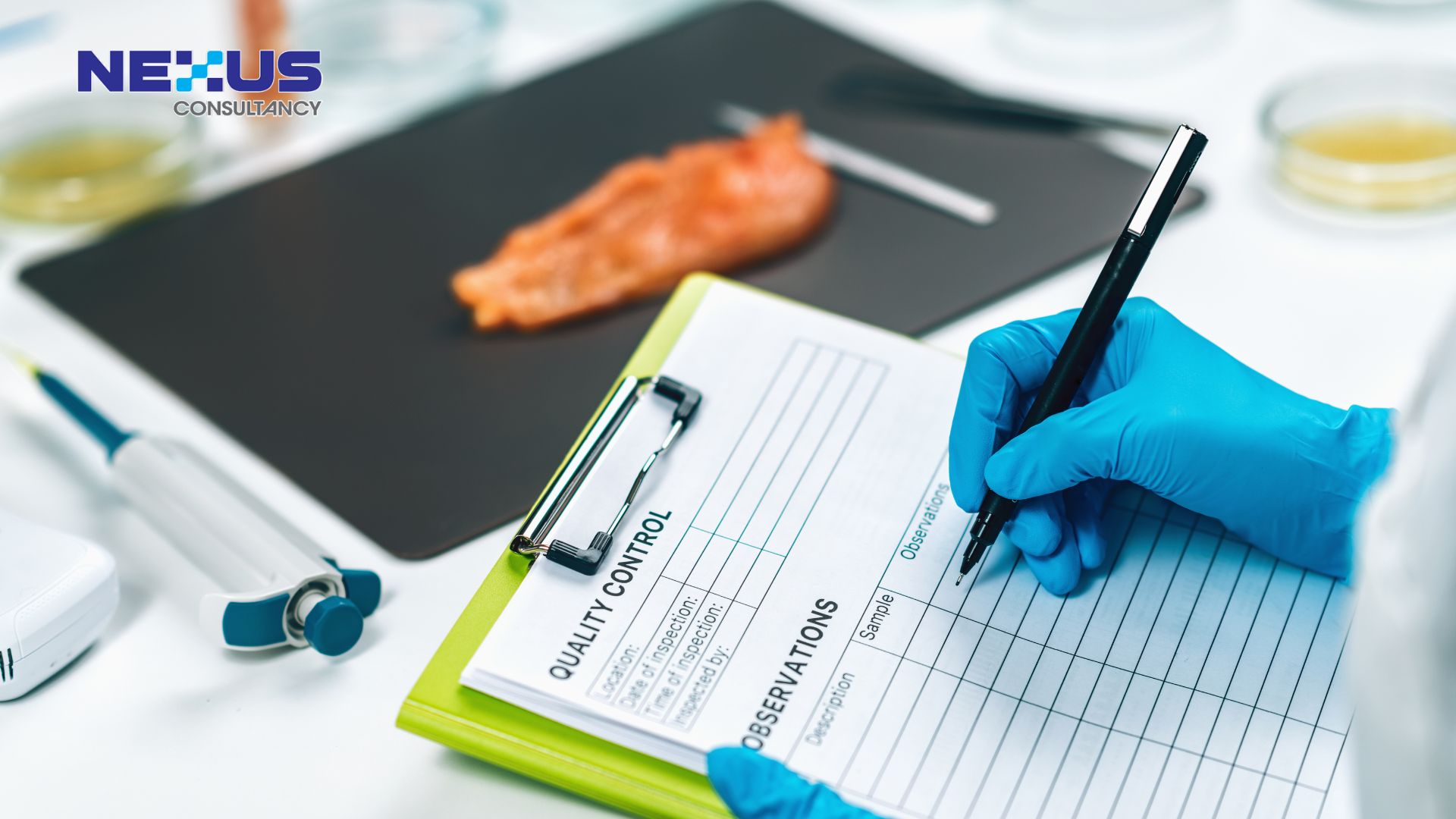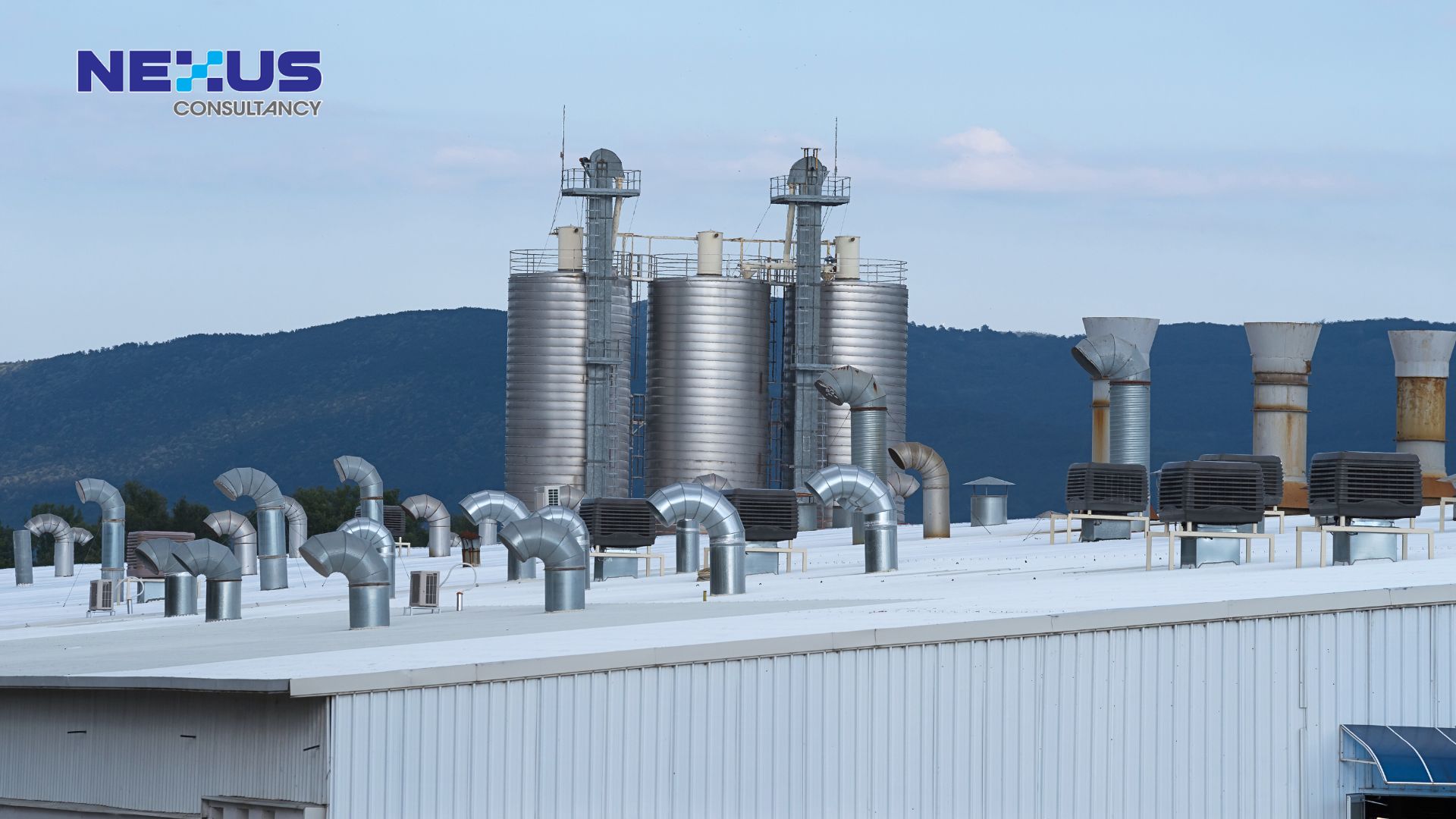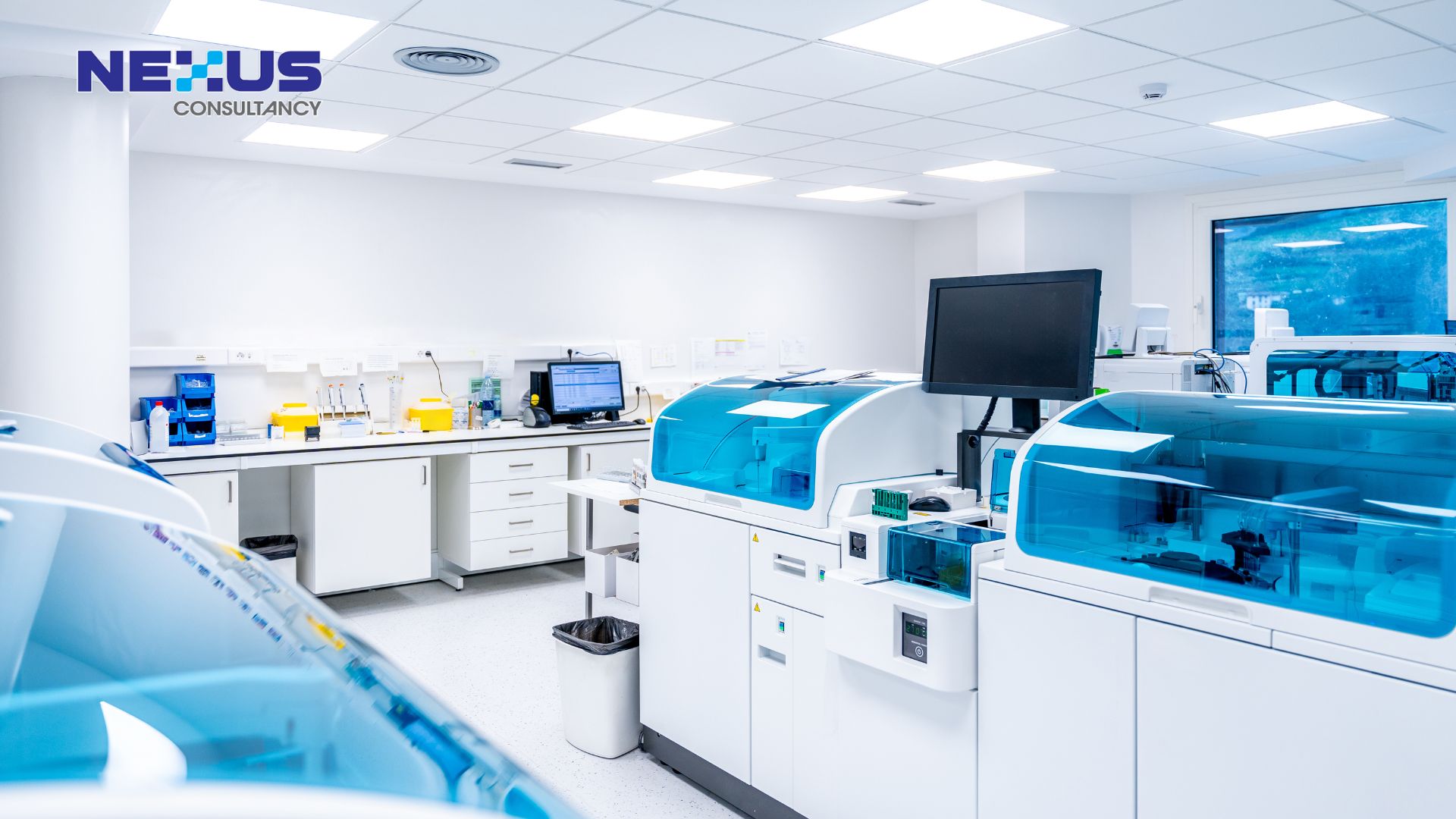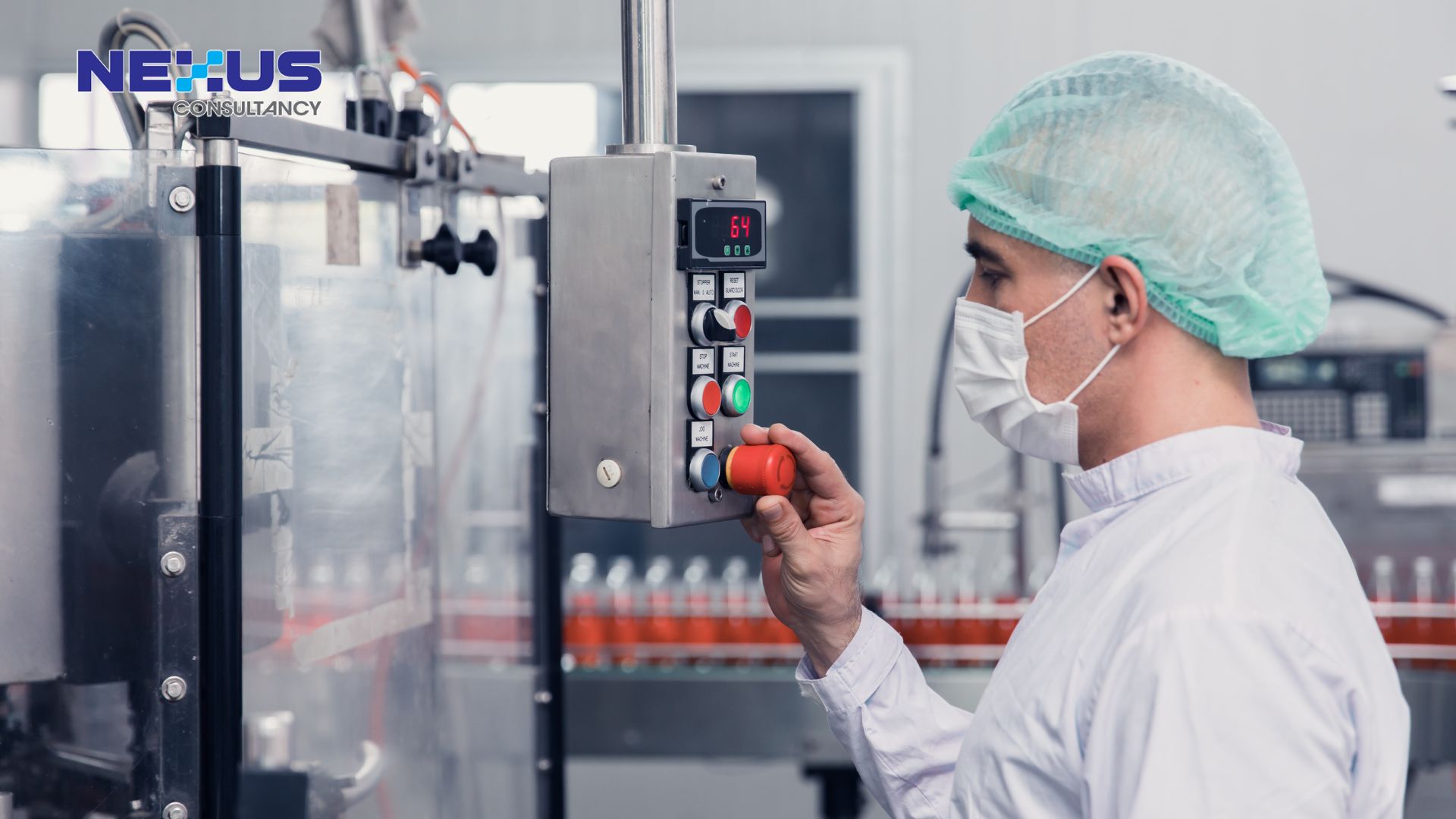
Cynthia Wong
Management Consultant
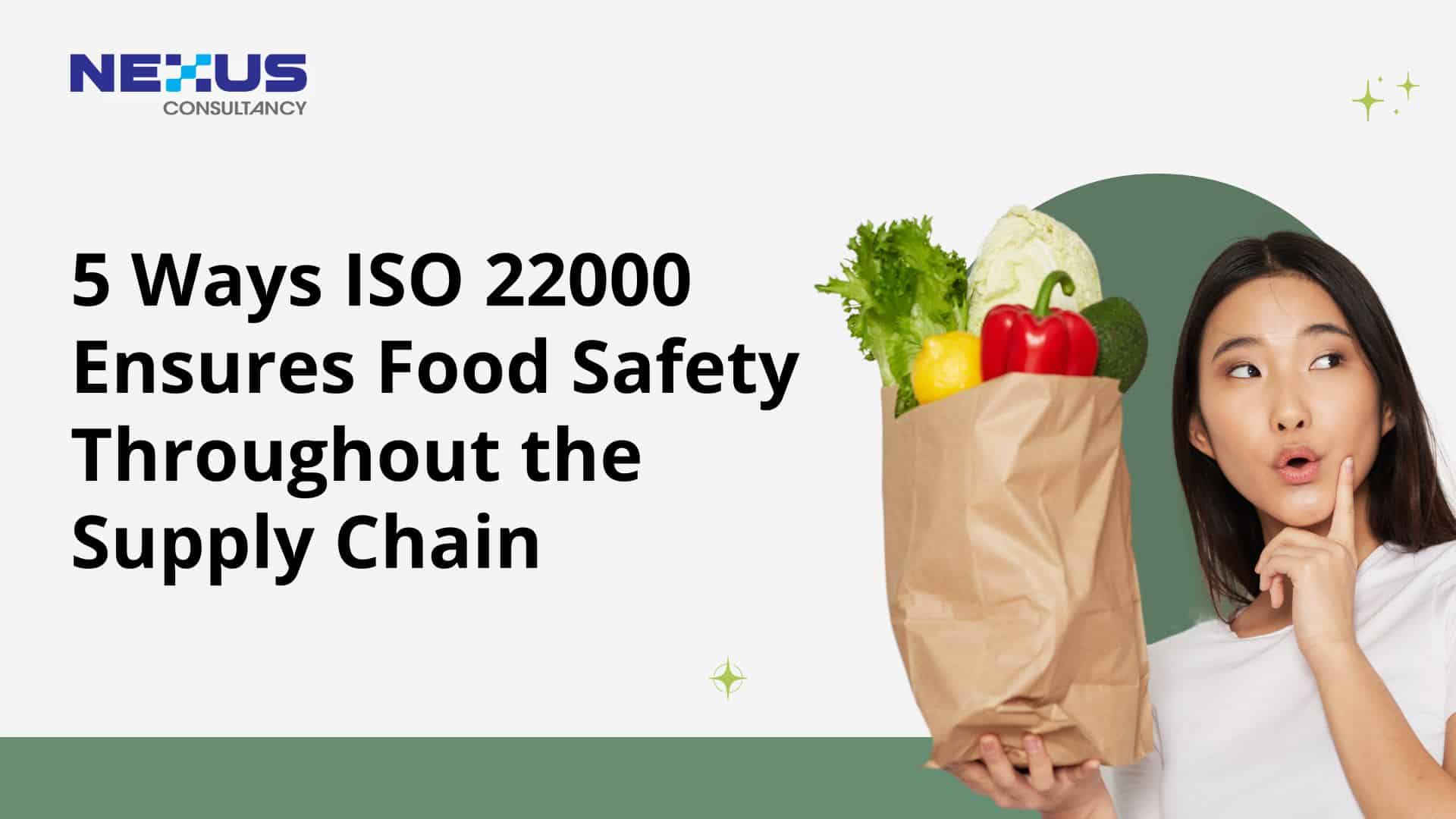
#1. Identifying and Assessing Hazards
ISO 22000 requires businesses to conduct a comprehensive hazard analysis to identify potential food safety hazards. This analysis encompasses biological, chemical, and physical hazards that may occur at any stage of the supply chain. By proactively identifying and assessing these hazards, businesses can implement control measures to mitigate risks and prevent contamination of food products.

#2. Implementing Operational Prerequisite Programs (PRPs)
Operational PRPs are fundamental programs and practices that establish the foundation for food safety management. ISO 22000 mandates the implementation of PRPs, such as Good Manufacturing Practices (GMPs) throughout the supply chain. These programs ensure that essential hygiene and safety practices are followed consistently, starting from the primary production stage to processing, packaging, transportation, and storage.
#3. Enhancing Traceability and Transparency
ISO 22000 emphasizes the importance of traceability throughout the supply chain. Traceability enables rapid identification and recall of products in case of a food safety issue, minimizing the potential harm to consumers and protecting the reputation of the involved businesses. The standard requires the establishment of documented traceability systems, including proper labelling, batch identification, and records of product movement. By enhancing traceability, ISO 22000 promotes transparency and accountability, enabling swift corrective actions and reducing the spread of unsafe products.

#4. Strengthening Supplier Control
ISO 22000 places significant emphasis on supplier control to ensure the safety of raw materials and ingredients used in food production. Food businesses are required to establish criteria for evaluating and approving suppliers based on their ability to meet food safety requirements. By implementing robust supplier control measures, including regular audits, inspections, and documentation verification, businesses can maintain a high level of confidence in the safety and quality of the materials they source.
#5. Continuous Improvement and Management Review
ISO 22000 promotes a culture of continuous improvement and management review to enhance food safety practices. Businesses are required to establish processes for monitoring, measuring, and analysing food safety performance. Regular management reviews ensure that the FSMS remains effective and relevant, adapting to emerging risks and industry best practices. This proactive approach allows businesses to stay ahead of potential food safety issues and continuously enhance their processes.
Conclusion
ISO 22000 plays a vital role in ensuring food safety throughout the supply chain. By implementing the standard’s requirements, businesses can identify and control food safety hazards, implement operational PRPs, enhance traceability, strengthen supplier control, and foster a culture of continuous improvement. Adhering to ISO 22000 not only helps protect consumers from foodborne illnesses but also enhances the reputation, credibility, and competitiveness of food businesses. In an ever-evolving food industry, ISO 22000 serves as a crucial tool for safeguarding public health and ensuring the highest standards of food safety.

